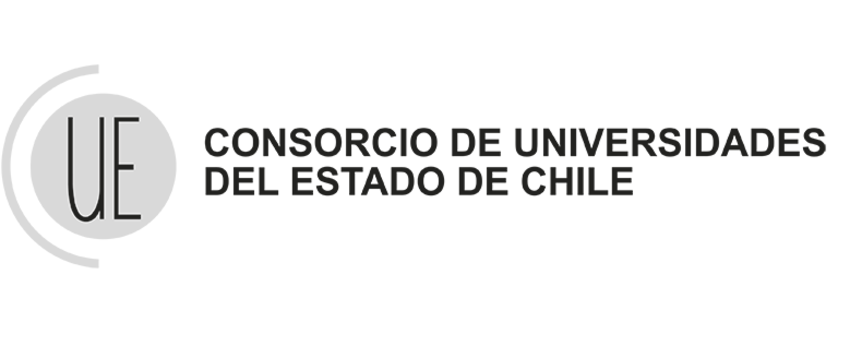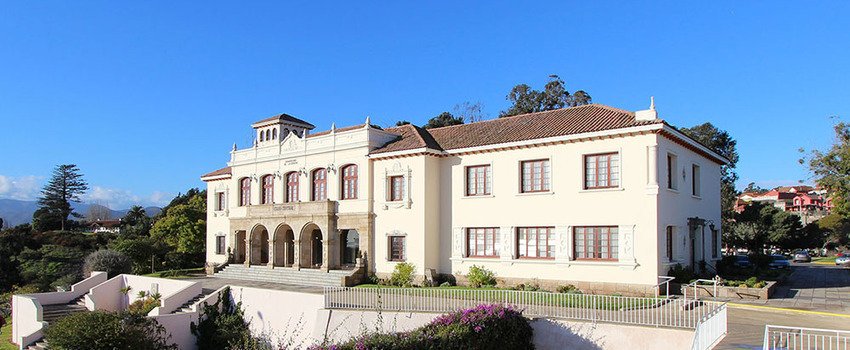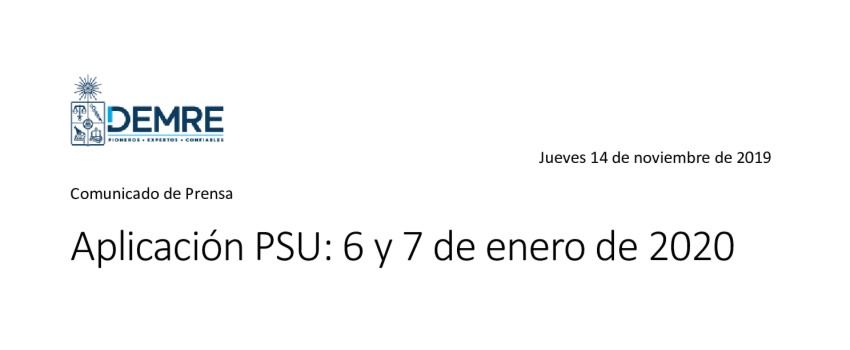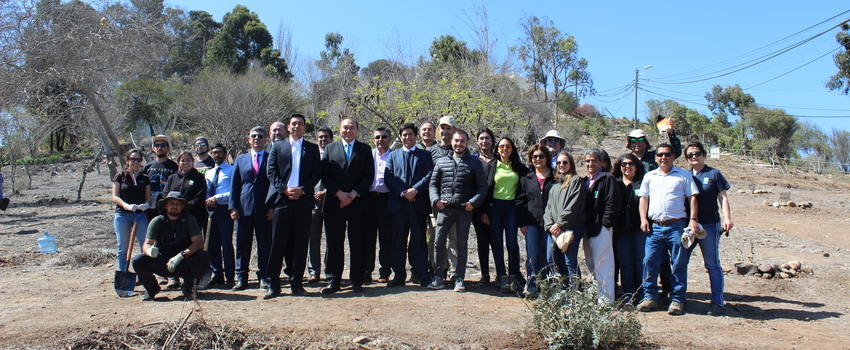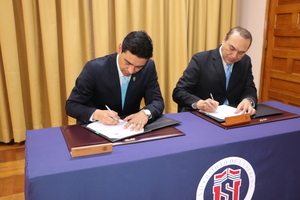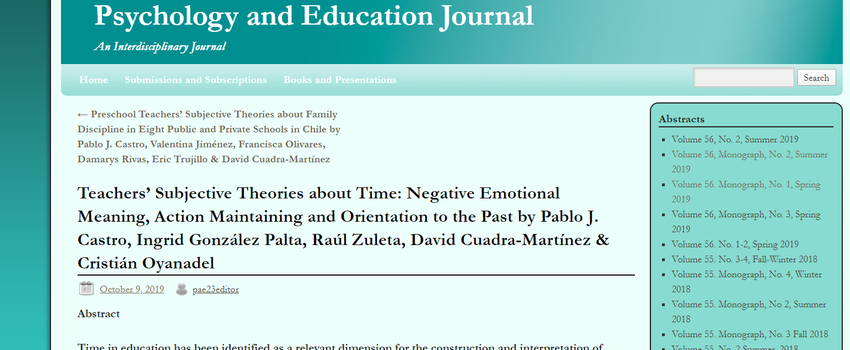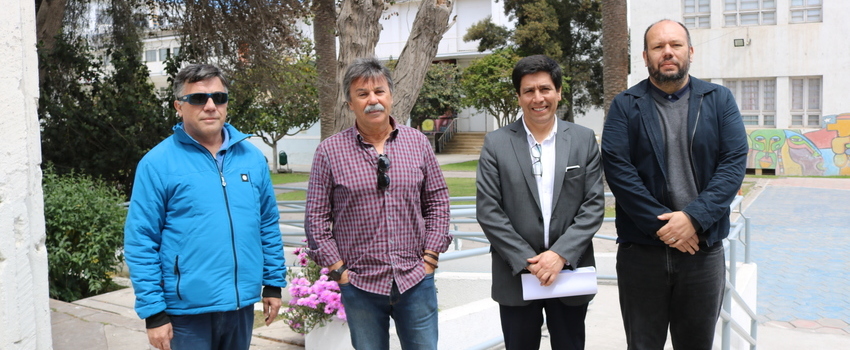
The Vice-Rector for Research and Postgraduate Studies, Dr. Eduardo Notte Cuello, highlighted that the aim is to establish a scientific network that promotes training programs for professionals and specialized postgraduates.
Thanks to a collaboration project between the University of La Serena and the University of Tarapacá, the aim is to strengthen the scientific relations of the institution with specialists from other national and foreign organizations, allowing the training of researchers in Theories of Partial Differential Equations and the application of Control Theories.
This, within the framework of the National Competition to Attract Advanced Human Capital from Abroad, modality of Short Stays (Mec) of the National Commission for Scientific and Technological Research, CONICYT, which led to the visit to the University of La Serena of the Doctor in Mathematics , Enrique Fernández Cara, academic and researcher at the University of Seville, Spain.
This project aims to achieve significant advances in research in the area of Nonlinear Analysis, specifically, in the context of partial differential equations (PDEs) of nonlinear evolution and, simultaneously, contribute to the training programs of professionals and specialized postgraduates. of the institution.
The Vice-Rector for Research and Postgraduate Studies of the ULS, Dr. Eduardo Notte, highlighted that the aim is to establish a network that consolidates development and research in the area of Mathematics. “The idea is to promote diverse works in the area of differential equations and control theory. This visit by Professor Enrique Fernández to the ULS has allowed us to enrich the Doctorate that we are teaching in Energy, Water and Environment, through courses and talks associated with his area of work,” he said.
In that sense, the Vice Chancellor added that the initiative allows “planning postgraduate programs in applied Mathematics. These types of visits from relevant researchers help us form the faculty for the programs and excite students and academics about these topics.”
Dr. Marko Rojas Medar, academic at the University of Tarapacá, host institution and partner of the University of La Serena in this initiative, stated that “there is a lot of work to do and the mathematical community is still small in Chile. The critical mass in the country in partial differential equations from fluid mechanics is low. In Seville there is a strong group in this subject, and in recent years we have received several visiting professors from the aforementioned house of studies, as well as several professors from Chile who have been received there, developing a synergy, which I believe has already begun to give results. its fruits. We believe that we are laying the foundations, at the ULS, for the creation of Master's and Doctorate programs in the future, in the area of Applied Mathematics, particularly in the study of physical phenomena governed by Partial Derivative Equations."
For his part, Dr. Enrique Fernández explained that with this visit he seeks to delve deeper into scientific aspects in Theories of Partial Differential Equations and the application of Control Theories that serve to govern the behavior of the equations, developing an applied component.
“These formulas serve to represent phenomena of all kinds, if they are worked well enough. You can, for example, determine the flow of a river, and how its particles behave, by solving certain equations in which data that one can measure enters, in this way the movement of the river is found out. This can be important to know the spread of contamination or if we are in a season of floods or drought, it has endless applications,” he explained.
In medicine, for example, Dr. Fernández added that the importance of Partial Differential Equations would allow the study of the evolution of a tumor. “In mathematics, models can be developed to determine the behavior of a tumor in the presence of an appropriate therapy.”
In that same area, Control Theory would determine what data and circumstances are appropriate for the solution to be as expected. “Taking the example of the tumor, this allows us to obtain optimal therapies.”
Dr. Fernández explained that in this visit specifically, it is expected to obtain results by emphasizing problems linked to the equations of magnetohydrodynamics, equations that allow the study of the movement of fluids that are subject to electromagnetic effects. “The evolution of the fluid depends greatly on the electrical charges in the environment, and we are dedicating ourselves to its resolution and subsequent control, in the sense of determining conditions that make the fluid meet good priorities. A practical example is a fluid around an airplane that, due to different atmospheric effects, can be charged with electricity, and the equations help to describe the possible turbulence or instabilities that may be generated. Control Theory in this case can contribute to the design of the airplane and minimize these effects.”
The researcher's visit to the University of La Serena has a positive impact on the Bachelor's and Master's students in Mathematics, due to the planned seminars and open exhibitions. On the other hand, it allows the possibility of teaching improvement, in addition to deepening learning in a specialty subject and joining research groups that Dr. Fernández currently integrates at the international and national level. Another positive aspect has been completing some research work, which will be sent to high-impact journals, as well as starting new work together.
Written by Sergio Muñoz, Science and Technology Dissemination and Dissemination Team

